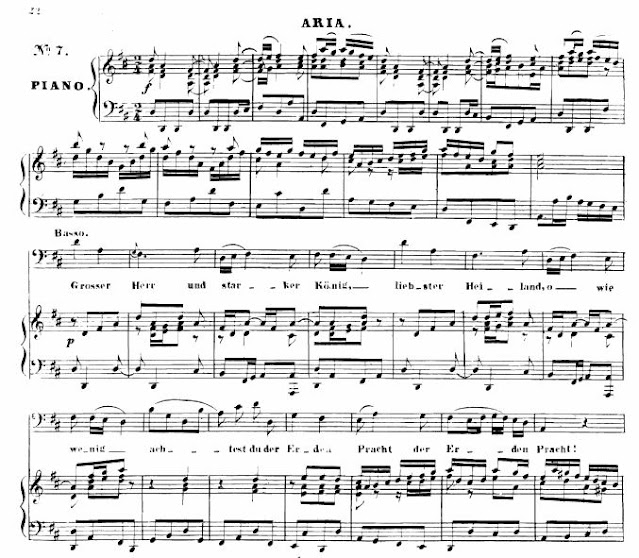Schubert's Last Piano Sonata
There are late sonatas (Mozart's, Haydn's, Beethoven's) and then there is Schubert's very last sonata. Much has been written about the phenomenon of late works - that they are the artists' message to us from "the beyond". But at the age of 35 (Mozart) or 31 (Schubert) or even 56 (Ludwig van), how can you be anywhere but with your feet firmly planted on the planet - or on the pedals?
One thing is for sure, though: After you've written 17 (Mozart) or 61 (Haydn) or 31 (Beethoven) or 20 (Schubert), the next one is bound to profit from all that practice in writing, not only for that genre but for all the others, too.
Schubert's Sonata #21 in B-flat is so full of colors, textures and timbres that I feel he must have been inspired by the expressive power of other instruments as well. Of course, he was the best song writer of all time, so his gift for melody is apparent in this four-movement piano sonata.
I first became aware of it when I was given the recording by Vladimir Sofronitzki (the son-in-law of Alexander Scriabin) in 1990 by kind and generous friend, Robi Bohnke. He thought it was the best recording of it on the market - a secret gem. I've since fallen totally in love with the slow movement as rendered by Sviatoslav Richter. To me it is one of the most beautiful movements ever written for the piano. I practiced it and performed it on my new piano for one of my English classes in Freiburg. In contrast to a Chopin Etude or a Scriabin Sonata, it is delightful to practice and much easier to play!
The sonata is all too rarely played live in concert. Robi had planned to play it at his 70th birthday recital in Tübingen but opted for the Wanderer-Fantasie instead, something he had played since he was a teenager. Vitaly Margulis played it in one of his last recitals at the Music Conservatory in Freiburg before moving on to UCLA. For whatever reason, he lost his place in the last movement and it took him a while to get back into the flow. Just watching Andras Schiff play it live takes an inordinate amount of concentration!
I've played parts of several Schubert sonatas and always have the feeling that it is impossible to just relax and let my fingers do the work. There seems to be something special - extra-musical almost - about every phrase. In that respect, I'd file the Viennese composer's works mostly in the Romantic category, whereas some of Beethoven's piano sonatas, while written at the same time, have a more Classical feel to them. Beethoven often exclaimed in his music, "Listen to this!" while Schubert said, "Beware! Bliss and despair are constant bedfellows!"




Comments
Post a Comment